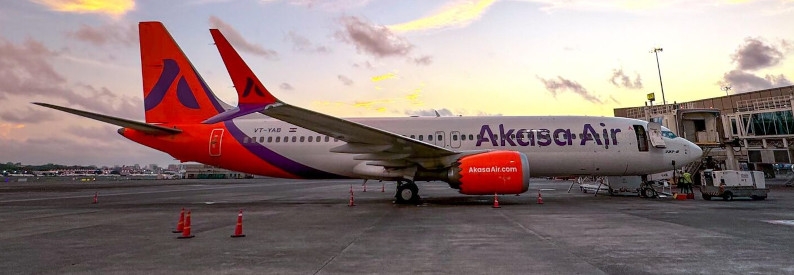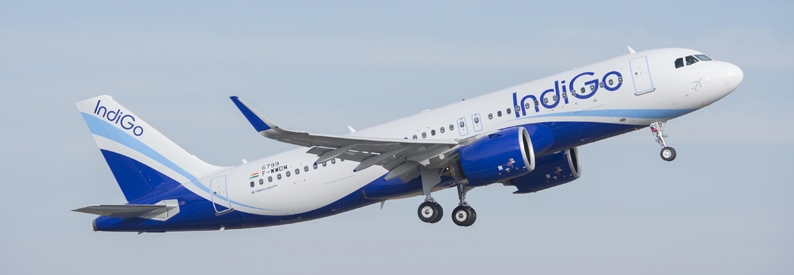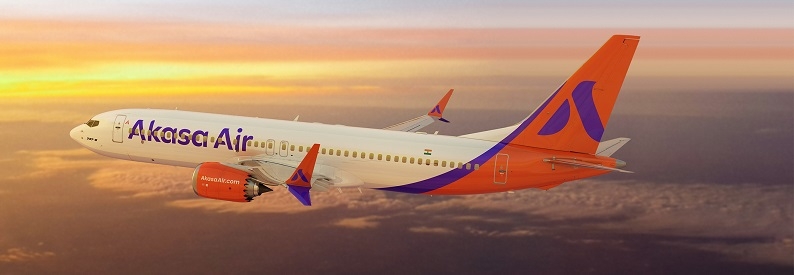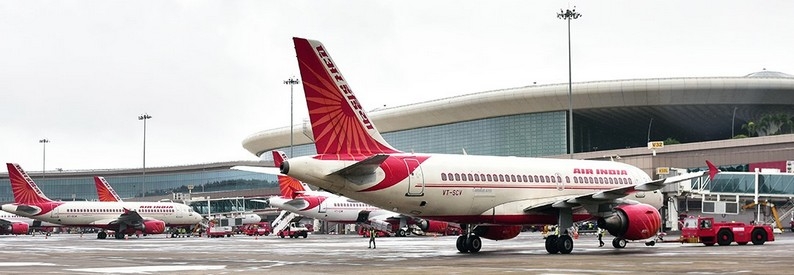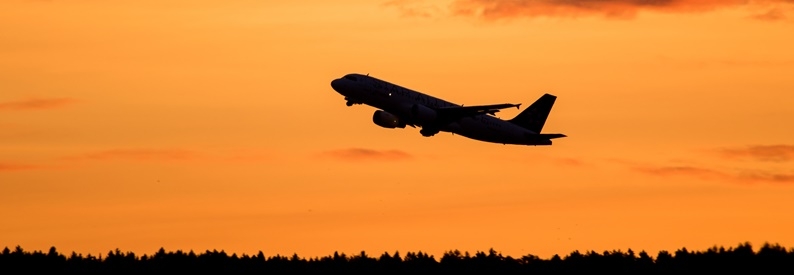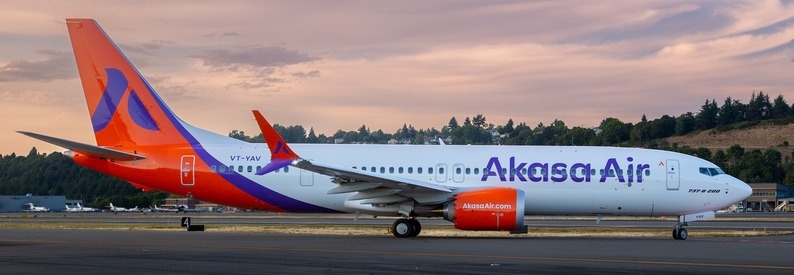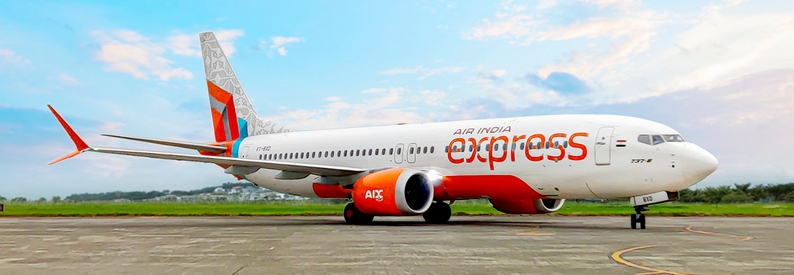Akasa Air (QP, Mumbai International) CEO Vinay Dube has told India’s CNBC TV18 channel that the carrier will reveal its “three-digit” aircraft order in the coming weeks, which will cover deliveries between mid-2027 and the end of 2032. The airline also now plans to begin international operations by the end of March 2024, later than its earlier end-of-2023 target.
Initial destinations for the low-cost carrier should be Doha Hamad International, Kuwait, and Jeddah International and Riyadh in Saudi Arabia, while Bangladesh, Sri Lanka, Nepal, and the Maldives will be part of a second phase and “are all part of Akasa’s network plan for the near future.”
The airline secured authorisation from India in September to fly abroad and was granted traffic rights the following month for operations to Saudi Arabia, Kuwait, and Qatar. But it is still awaiting authorisation from the governments of those countries.
“It’s going to be another few months, we’re hoping another three to four months. But we are a little dependent in terms of permissions we get from third parties from foreign countries,” he said, assuring that the first phase of international flights will begin “in the first half of 2024 unequivocally.”
Akasa Air’s fleet currently consists of nineteen B737-8s and one B737-8-200, and it has 52 more of the -200s and four more of the original -8 model on order, according to the ch-aviation Commercial Aviation Aircraft Data module. Dube said that two more aircraft are expected by the end of 2023, 18 more during the course of next year, and all 76 will be in place by mid-2027.
A firm announcement about a new three-digit aircraft order is scheduled for December or January, he added. This will cover deliveries stretching from the middle of 2027 to the end of 2032. The chief executive stressed that Akasa Air has no market share targets, but it does aim to be “India’s cost leader.”
Asked about the airline’s funding strategy, Dube said that “no more cash is needed at this point” and elaborated that “as with any new airline, cash burn at the moment is at an operating level, not net cash burn, in fact we are net cash positive.” It can continue for now without the need for additional capital, he said.
He emphasised that the family of the carrier’s key investor Rakesh Jhunjhunwala, who died suddenly in August 2022 one week after Akasa Air conducted its first commercial flight, “is absolutely not looking to divest” and remains not just financially but also emotionally invested in the carrier.
- Type
- Base
- Aircraft
- Destinations
- Routes
- Daily Flights

